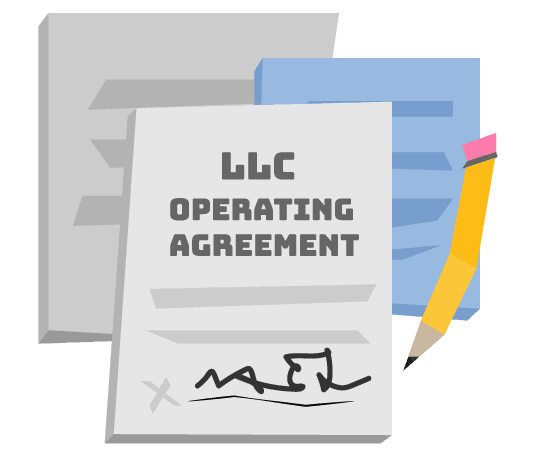Start an LLC
Start, manage, and grow your LLC — all in one place.
With FlutuxBusiness, thousands of entrepreneurs from around the world can effortlessly and securely incorporate a US-based LLC from any location. We handle the complicated procedures, allowing you to concentrate on your area of expertise.








